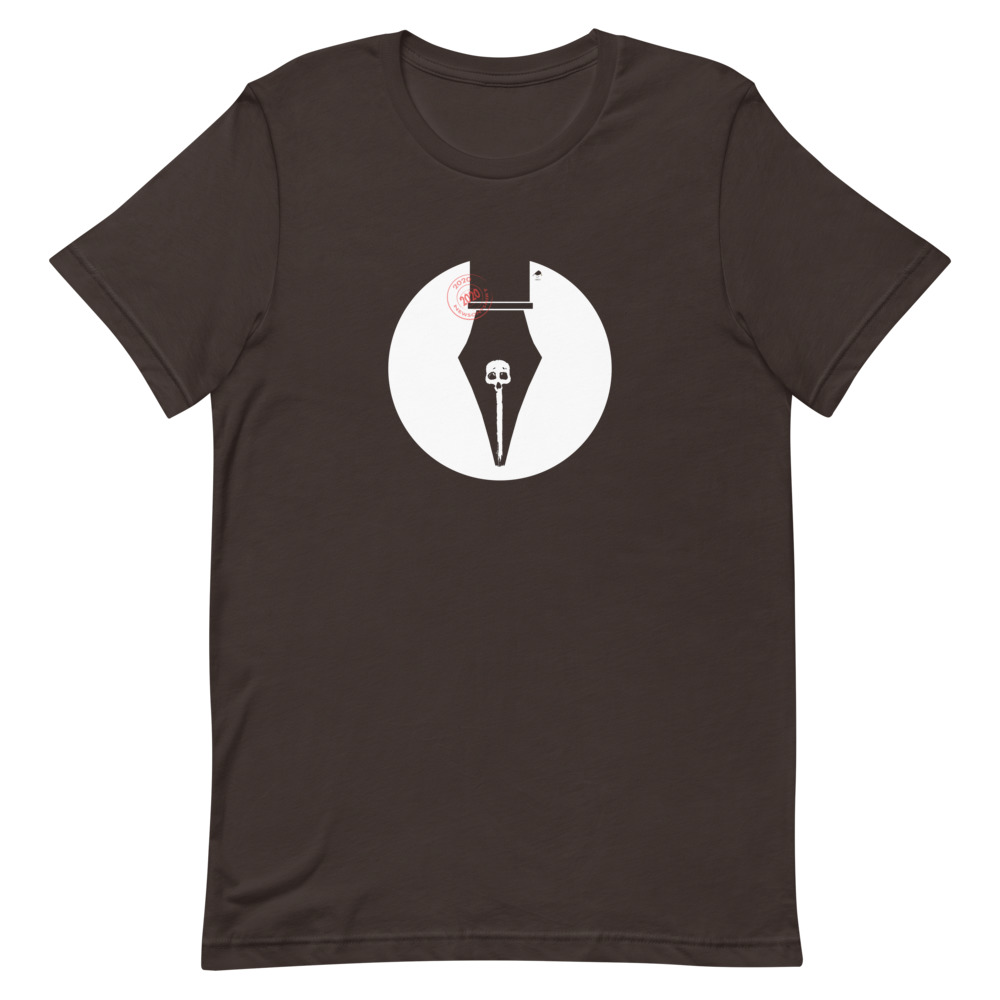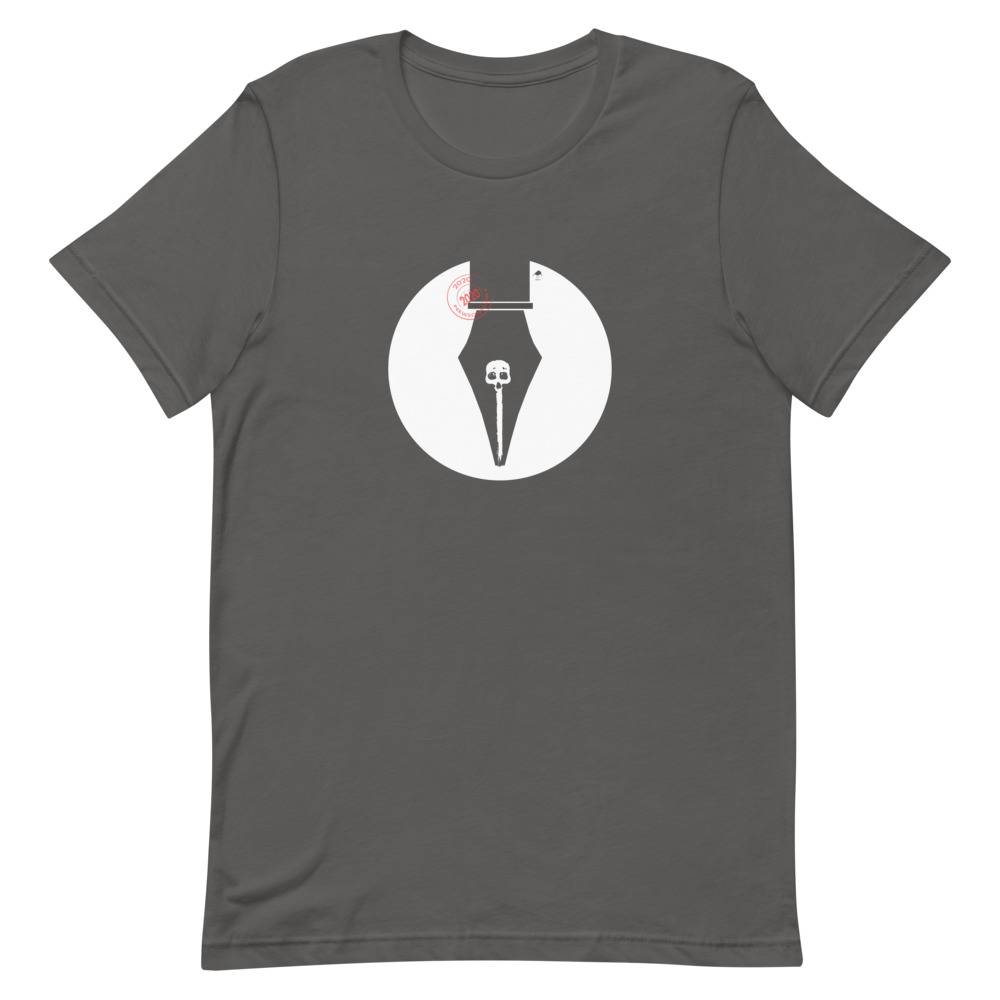Description
The Importance of a Free Press in 2024
What is a Free Press?
A free press refers to media that is free from government censorship, control, or influence. It operates independently to serve the public interest and provide citizens with the information they need to be informed and engaged members of a democracy.
Some key characteristics of a free press include:
- Independence – A free press is financially and editorially independent from government control or ownership. This allows journalists to report objectively without fear or favor.
- Transparency – A free press is transparent about its operations, funding sources, and any potential conflicts of interest. This builds public trust.
- Diversity – Many independent news outlets with varying perspectives make up a free press. This creates healthy competition and debate.
- Protection – Legal protections and rights enable journalists to operate freely and without persecution. These include free speech, freedom of information, and press freedom laws.
- Standards – Professional ethics and standards guide the practice of journalism in the public interest. Accuracy, accountability, and minimizing harm are fundamental.
A free press keeps citizens informed, speaks truth to power, and serves as an essential watchdog in a democratic society. This is why press freedom is vital.
The Current State of Press Freedom in 2024
Press freedom has declined worldwide over the past decade, with journalists facing increasing threats, harassment, and restrictions. However, some countries continue to uphold robust press freedom protections.
Key Stats on Global Press Freedom:
- Reporters Without Borders’ 2022 World Press Freedom Index ranked 180 countries on press freedom. Only 12% have a “good situation”.
- At least 488 journalists were imprisoned globally in 2021, the highest number since the organization began counting.
- Over 50 journalists were killed worldwide doing their work in 2021. Mexico and Afghanistan were the deadliest countries.
- The Committee to Protect Journalists finds over 250 journalists are jailed annually on “false news” charges as governments crack down on press freedom.
- Increased digital surveillance, hacking, trolling, and online harassment target journalists, especially women.
- Conflict zones are hazardous for the press. Journalists were targeted by armed groups in places like Syria, Yemen, and Afghanistan.
Biggest Threats to Press Freedom:
- Censorship laws that ban criticism of officials or reporting on taboo topics.
- Prosecution and jailing of journalists on dubious charges.
- Violence and harassment against reporters, particularly women.
- Government control over state media and regulatory bodies.
- Targeted surveillance and phone hacking of journalists
17/02/2024: Russian opposition politician Alexei Navalny has died, Russian authorities say
BBC News : Live Reporting
Press Freedom in the United States
The United States has strong constitutional protections for press freedom, though it has declined in recent years.
The First Amendment and Freedom of the Press
The First Amendment to the U.S. Constitution prohibits the government from restricting free speech or the press. This gives journalists the right to publish without government censorship.
Key court cases have upheld press freedom rights:
- New York Times Co. v. United States (1971) allowed newspapers to publish the Pentagon Papers on Vietnam.
- Minneapolis Star Tribune v. Commissioner (1983) prevented differential taxation of the press.
- Bartnicki v. Vopper (2001) ruled that journalists cannot be punished for publishing illegally obtained information of public concern.
Changes to Press Freedoms Over Time
Press freedoms expanded significantly in the 1960s and 1970s with Supreme Court cases prohibiting prior restraint and recognizing confidentiality for reporters’ sources.
However, post 9/11 laws, prosecutions of whistleblowers, and government surveillance practices have chilled investigative reporting. Freedom House downgraded U.S. press freedom from “free” to “partly free” in 2020.
Recent Challenges and Threats
- Increased hostility and violence toward journalists, especially at protests.
- Spread of disinformation and hostility toward the media from political leaders.
- Use of the Espionage Act to prosecute government leaks and whistleblowers.
- Surveillance of journalists through records seizures and monitoring communications.
The Value of an Independent Press
An independent press that is free from government control serves a vital function in a democratic society.
Holding Leaders Accountable
Journalists can expose abuses of power, corruption, or incompetence by public officials without fear of retribution thanks to press freedom protections. Notable examples of impactful investigative reporting include:
- The Washington Post’s coverage of Watergate leading to President Nixon’s resignation.
- The Boston Globe’s exposing of child sex abuse cover-ups in the Catholic church.
- The Guardian’s reporting on the Snowden leaks about government surveillance programs.
Informing Citizens
A free press provides comprehensive, accurate news and information so citizens can make informed political decisions. This includes:
- Investigative reporting.
- Analysis and fact-checking of claims by public officials.
- Reporting local, national and global news.
- Covering issues and events candidates avoid.
Countering Disinformation
As more disinformation spreads online, trusted journalism serves a vital role in countering falsehoods and propaganda. Through fairness, accuracy and transparency, quality reporting builds public trust and resilience against misinformation.
New Media and the Future of Journalism
The rise of digital media and social networks has disrupted traditional journalism and created new challenges and opportunities for press freedom.
The Rise of Digital Media
- Online news sites, blogs, and aggregators have exploded, fragmenting audiences away from traditional news outlets.
- Social media allows anyone to publish content, blurring lines between journalism and entertainment.
- Smartphones and apps enable instant, on-the-scene reporting and consumption of news.
Spread of Misinformation
- False stories and “fake news” spread rapidly on social media, fueling disinformation campaigns.
- Social networks’ algorithms can filter content into partisan echo chambers.
- Bot nets and coordinated propaganda shape online discourse.
Maintaining Standards
- Press freedom protections apply online, but holding social platforms accountable can be difficult.
- News outlets must maintain rigorous fact-checking and ethics when publishing online.
- Models like nonprofit journalism and public media funding emerge to support watchdog reporting.
Defending Press Freedom
Protecting press freedom requires effort from both the public and government.
The Role of the Public
- Subscribe and donate to support reputable news outlets.
- Advocate for press freedom and protections for journalists.
- Push social media platforms to address disinformation and improve news literacy.
Press Freedom Advocacy Groups
Some organizations working to defend press freedoms globally include:
- Committee to Protect Journalists
- Reporters Without Borders
- International Press Institute
- Article 19
- Freedom House
Government Actions to Protect the Press
- Pass “shield laws” to protect confidential sources.
- Increase transparency and protections for whistleblowers.
- Prevent surveillance overreach and targeting of journalists.
- Reform libel laws that stifle press freedom.
Press Freedom Around the World
Press freedom challenges vary greatly between regions globally.
- Asia: Restrictions in China, Thailand, Bangladesh. Deadly conditions in Afghanistan and Myanmar.
- Africa: Journalist detentions in Eritrea, Cameroon. Violence in Somalia, South Sudan.
- Europe: Press freedom strong in Scandinavia. Restrictions in Russia, Turkey, Hungary.
- Middle East: Severe restrictions and dangers for journalists in Egypt, Iran, Saudi Arabia.
- North America: Press robust in Canada. US press freedom deteriorating.
- Latin America: Cuba and Venezuela severely restrict press. Killings of journalists in Mexico.
Conclusion
Protecting press freedom both at home and abroad ensures journalists can safely do their vital work informing the public without fear. This transparency and accountability is crucial for healthy democracies in 2024 and beyond.
Let me know if you would like me to modify or expand upon any part of this comprehensive blog post on the importance of press freedom. I aimed to provide in-depth coverage of all aspects outlined.
Make a Statement Supporting Press Freedom
As we’ve explored, an independent free press is essential for democracy, keeping the public informed and leaders accountable. But press freedom is under threat globally from government crackdowns, censorship, harassment of journalists, and spread of misinformation.
You can raise awareness about the importance of press freedom in 2024 with a Free Press T-Shirt. Whether it’s a simple design or shirt with facts and statistics, wearing a t-shirt supporting free press is a great way to spark conversation and display your support for journalists and transparency.
So stand up for press freedom today by getting your own Free Press T-Shirt. We all have a role to play in ensuring journalists can do their vital work in the public interest without persecution. Spread the word and wear your right to free press proudly.
Free Press T-Shirt Slogan !!
The pen is mightier than the sword. Support press freedom.
Below are some links related to the Free Press T-Shirt news:
- cps – Murders of journalists more than double worldwide
- rfs – RSF’s 2020 Round-up: 50 journalists killed, two-thirds in countries “at peace
- bbc – World Press Freedom Day: How many journalists died last year?
- cnn – At least 50 journalists were killed in 2020, most outside countries at war
- theguardian – 42 journalists killed over their work in 2020
- rsf – #FreeZamora : free the publisher of elPeriódico imprisoned in Guatemala!
- freedomhouse – Expanding Freedom and Democracy
We hope you like our project!


























Reviews
There are no reviews yet.